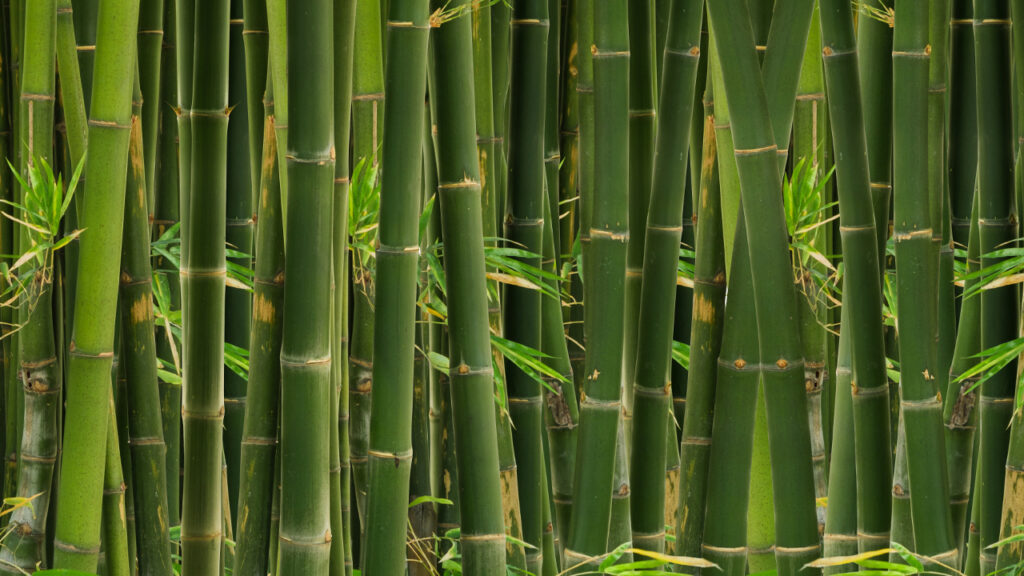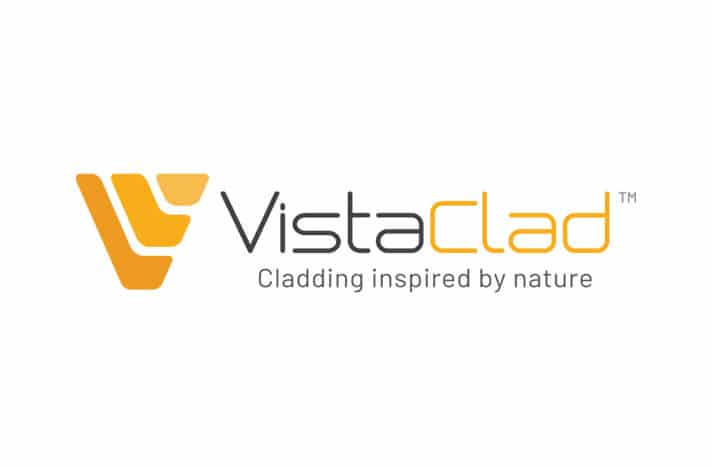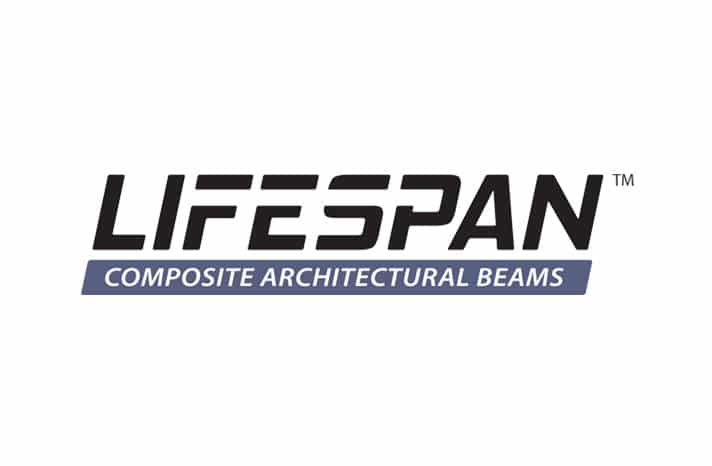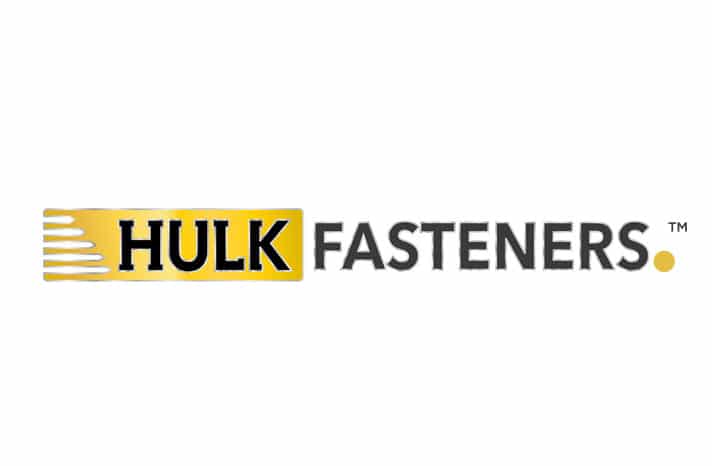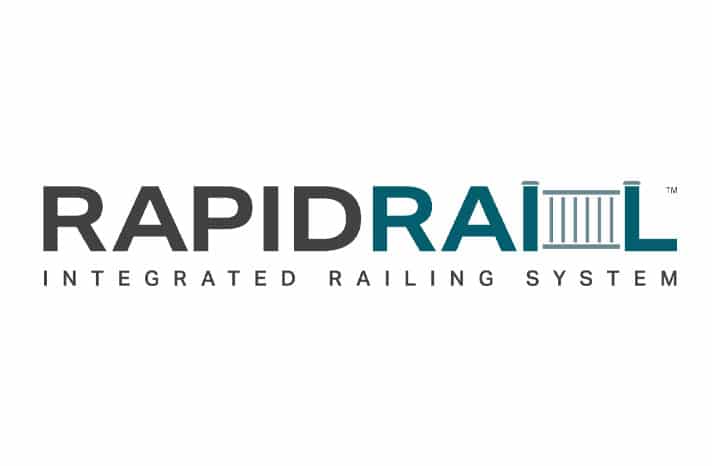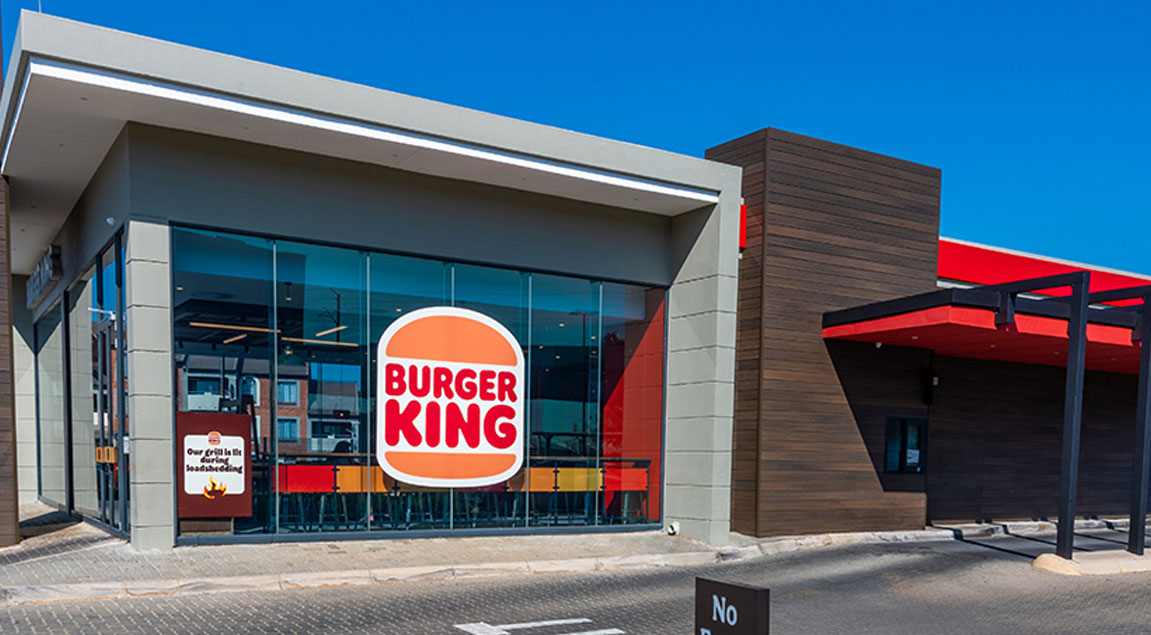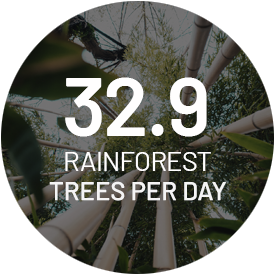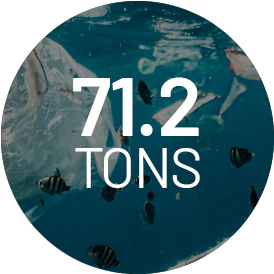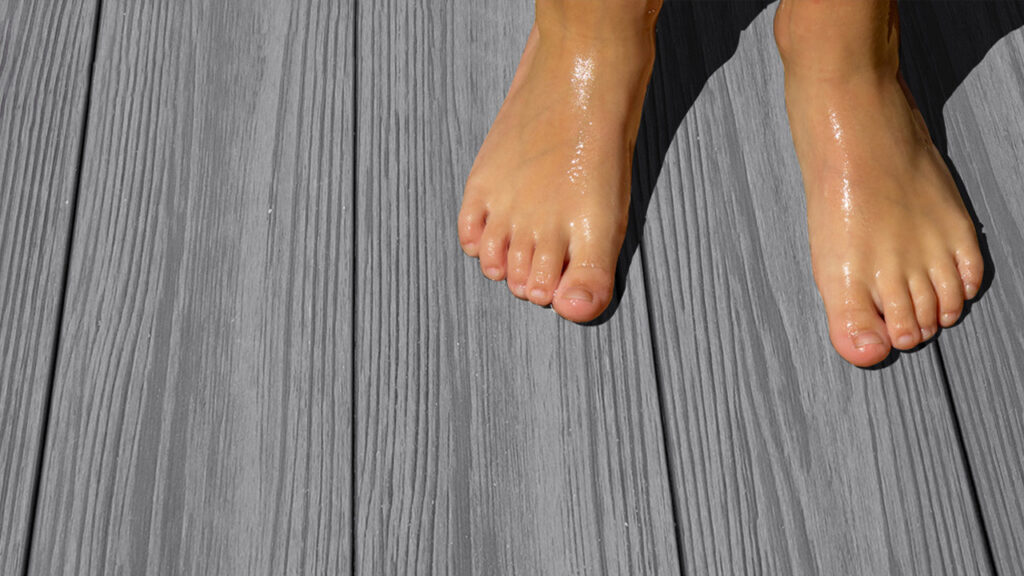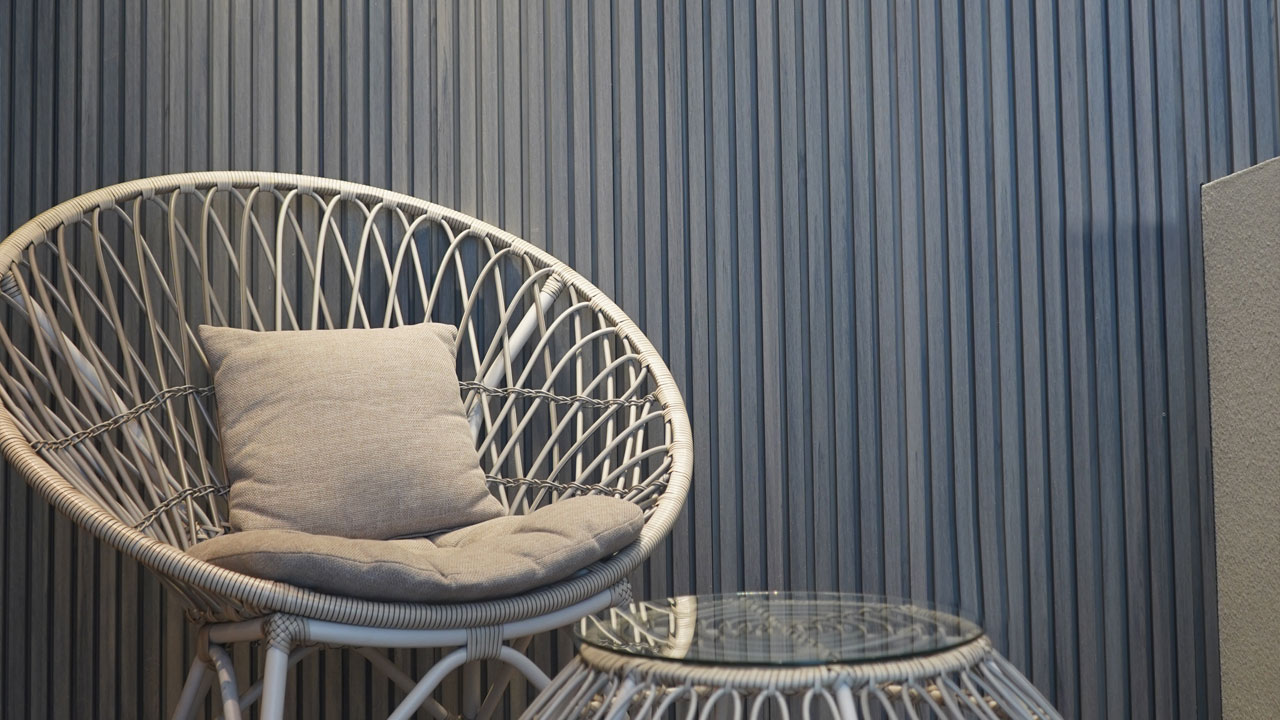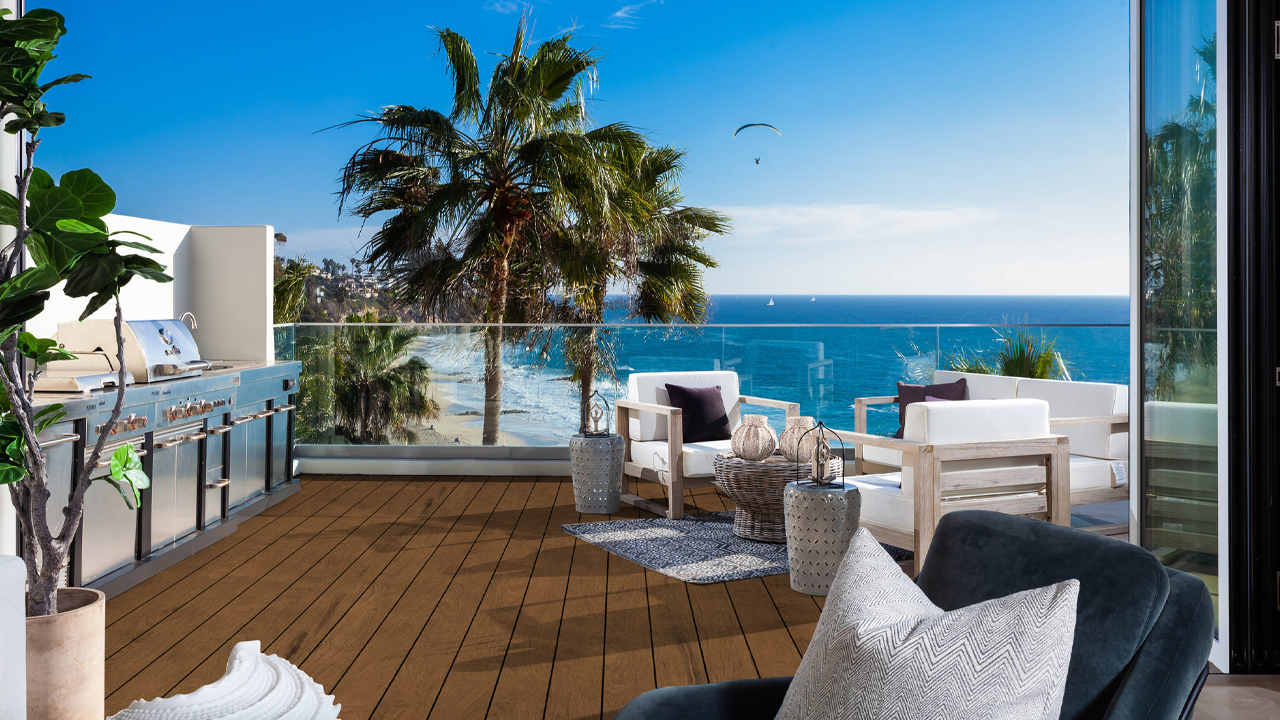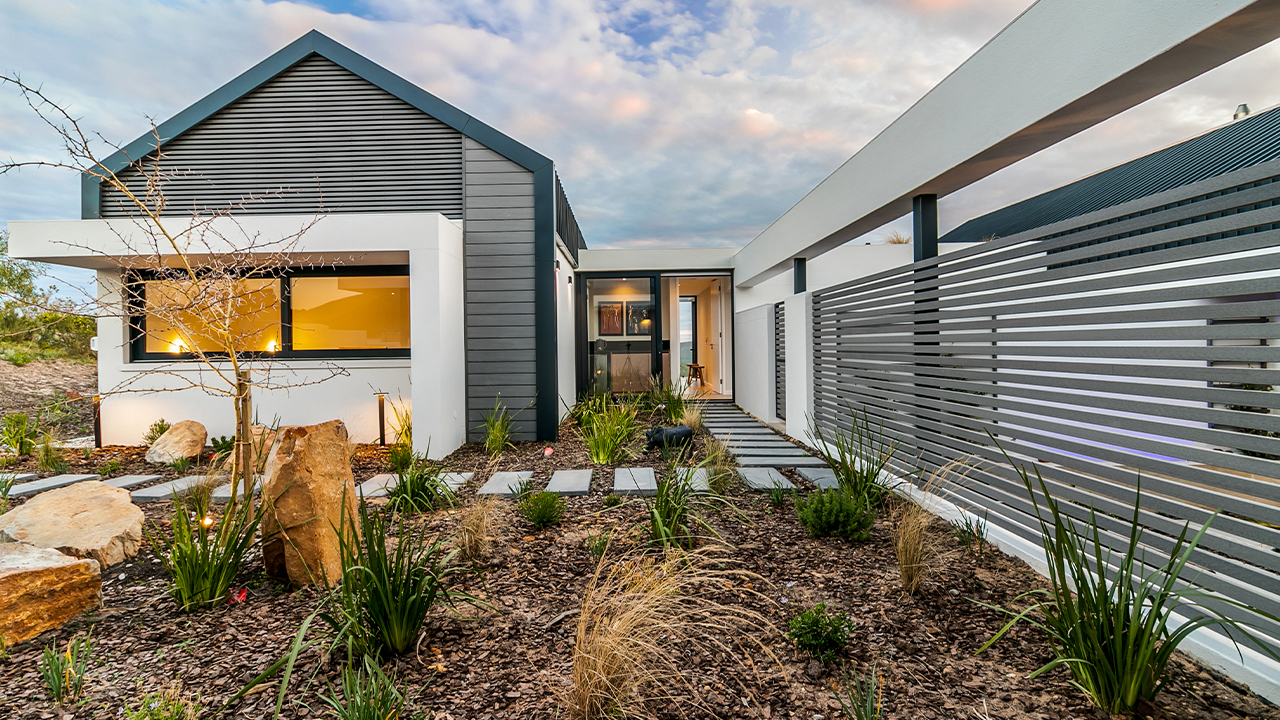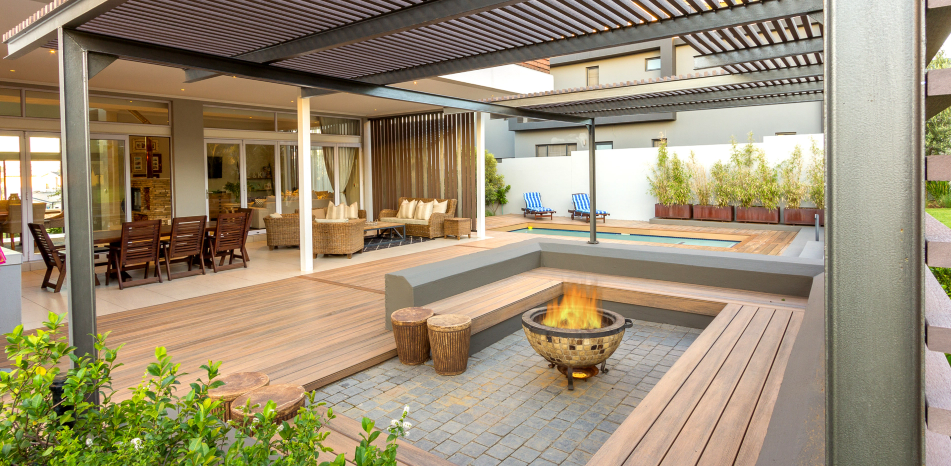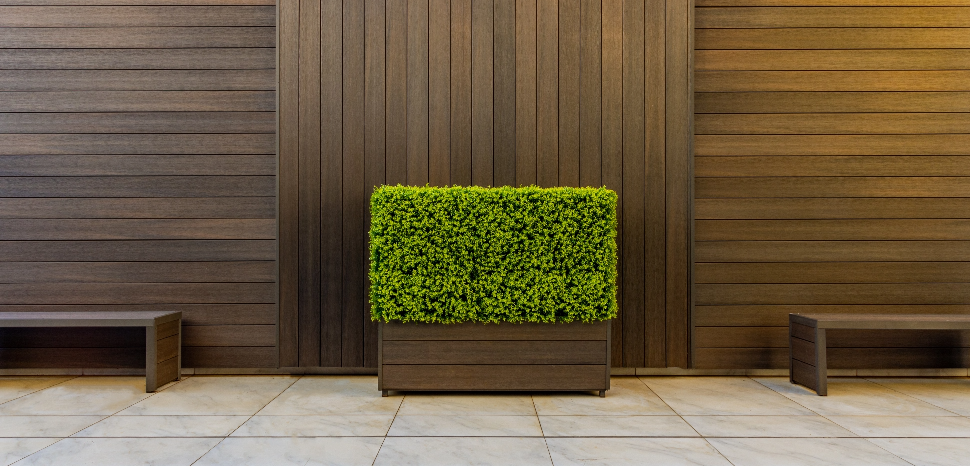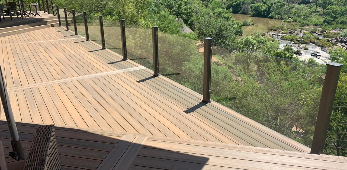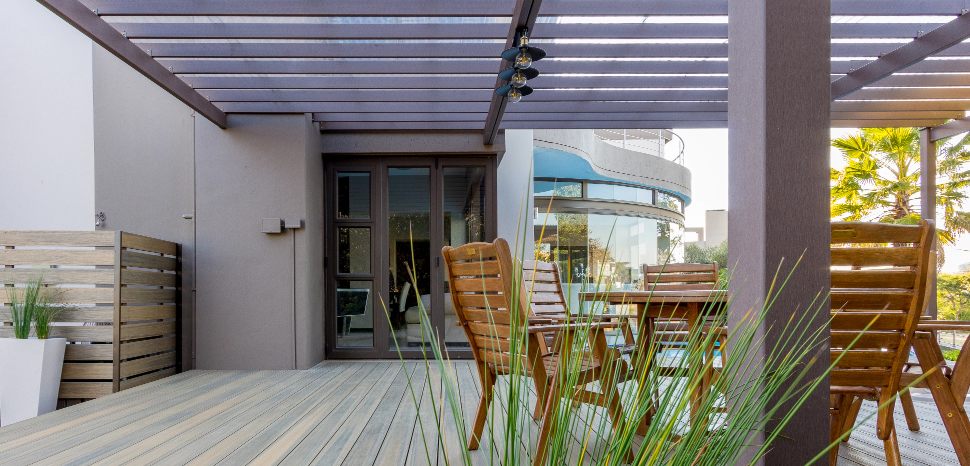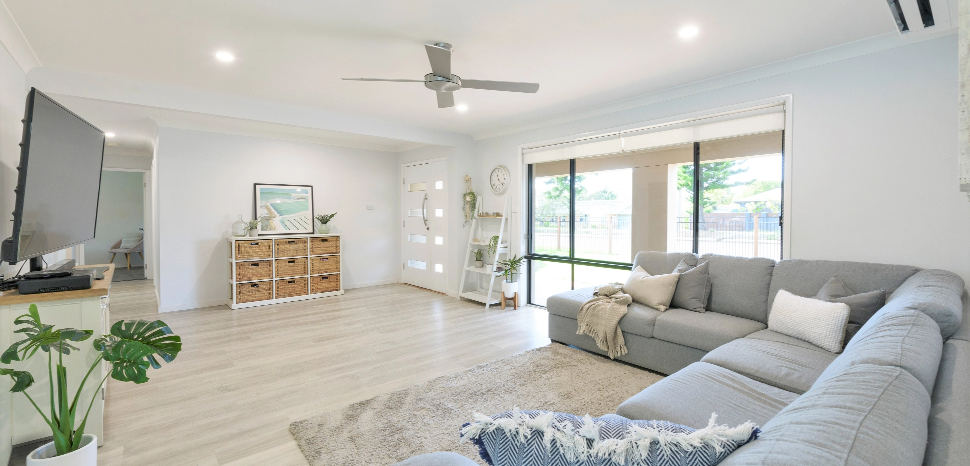BAMBOO: Nature’s Versatile Wonder
As a plentiful, replenishable raw material that regenerates three times faster than any other species, bamboo has fast become a favoured renewable resource for the fashion, food, and construction industries.
With over 1575 different species, these strong, flexible, and lightweight natural grasses take between three to five years to reach maturity, ensuring a safe, steady supply of raw materials to combat deforestation.
Bamboo’s low-maintenance properties and low-waste ratio make bamboo the ideal renewable and resource-efficient raw ingredient with which to beautify the built environment while protecting the natural one.
THE GREENER ALTERNATIVE
Various manufacturers, most notably Eva-Last, global bamboo composite building materials specialists, have capitalised on bamboo’s outstanding sustainability credentials, firmly establishing the material as a valuable green constituent in advanced composite technology.
In line with their Earth Mission to provide sustainable composite products engineered to outperform conventional construction materials such as timber, Eva-Last transitioned from Wood-Plastic Composites (WPC) to producing Bamboo Polymer Composites (BPC).
Combining fast-growing, flexible bamboo fibres with recycled plastic, Eva-Last produce a greener alternative in eco-friendly composites.
By using renewable bamboo fibre as an alternative to wood fibers in the production of composite products (decks, cladding, architectural beams, fencing, and railing), the company eliminates the need for felling trees and ultimately producing a decking product that has no drain on natural resources, Eva-Last has saved over 2850 trees to date this year alone.
What’s more, bamboo plantations help build a more stable environment by preventing soil erosion and promoting healthier soil.
Cleaner
Bamboo grows without any pesticides or harmful chemical fertilisers. It cleans the air by releasing up to 35% more oxygen than trees and assists with carbon sequestration up to 10 times faster than traditional hardwood trees. This in turn reduces carbon dioxide (CO2) emissions that contribute to global warming.
LOW MAINTENANCE
It’s natural hardiness, thermal stability and inherent anti-bacterial properties, ensure bamboo stands the test of time, while also offering health benefits not needing harmful chemicals, sealants or treatments for preservation. Coupled with Eva-Last’s advanced engineering and recycled polymers, this translates into cleaner, longer-lasting, low-maintenance composites able to resist degradation from environmental or biological hazards over its lifespan.
RESOURCE EFFICIENT
Bamboo’s organic nature and versatility boasts only 2% wastage when harvested. Compared to the significant wastage of wood – 47% of sawn timber logs are wasted and around 40% are lost in milling. Eva-Last Bamboo Plastic Composites (BPC) are a more resource-efficient and sustainable alternative to traditional timber or wood-plastic composites (WPC). Only 13% of refined timber or value-added timber is used, exacerbating deforestation.
STRONGER
Bamboo’s organic nature and versatility boasts only 2% wastage when harvested. Compared to the significant wastage of wood – 47% of sawn timber logs are wasted and around 40% are lost in milling. Eva-Last Bamboo Plastic Composites (BPC) are a more resource-efficient and sustainable alternative to traditional timber or wood-plastic composites (WPC). Only 13% of refined timber or value-added timber is used, exacerbating deforestation.
STRONGER
Bamboo remarkably offers higher tensile strength than steel – the resistance to being pulled apart – and double the compression stress of concrete.
PERFORMANCE PROPERTIES
Bamboo remarkably offers higher tensile strength than steel – the resistance to being pulled apart – and double the compression stress of concrete.
COOLER
Bamboo’s built-in thermal regulation properties provide a natural cooling effect that deflects heat much better than wood.
With its renewable, resource-efficient sustainability credentials, it’s evident that Eva-Last bamboo composite products are highly effective green building materials.
Did you know?
As the stark realities of climate change become increasingly apparent, and carbon reduction programmes such as the EU’s Circular Economy Action Plan II (CEAP) become policy worldwide, green building principles are compelling construction companies – and their suppliers – to seek sustainable alternative inputs to improve their resource- and energy-efficiency, reduce waste and enhance durability. The CEAP aims to promote eco-design of sustainable products using renewable, reusable or recycled content the norm in Europe, and to boost circular business models in priority value chains such as construction and textiles.
